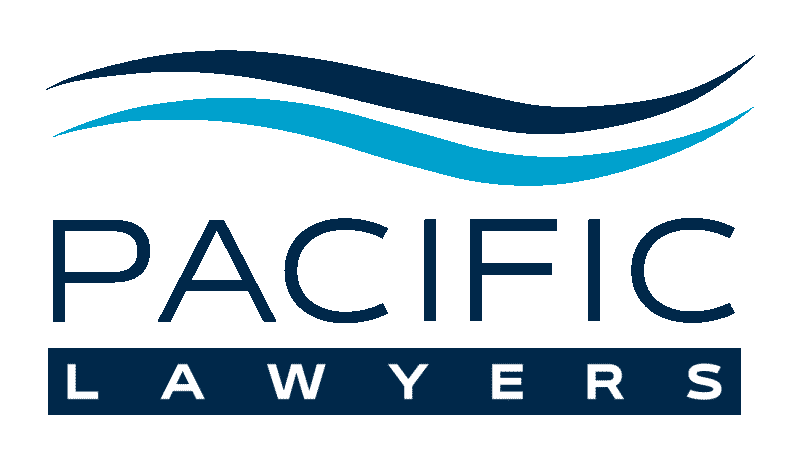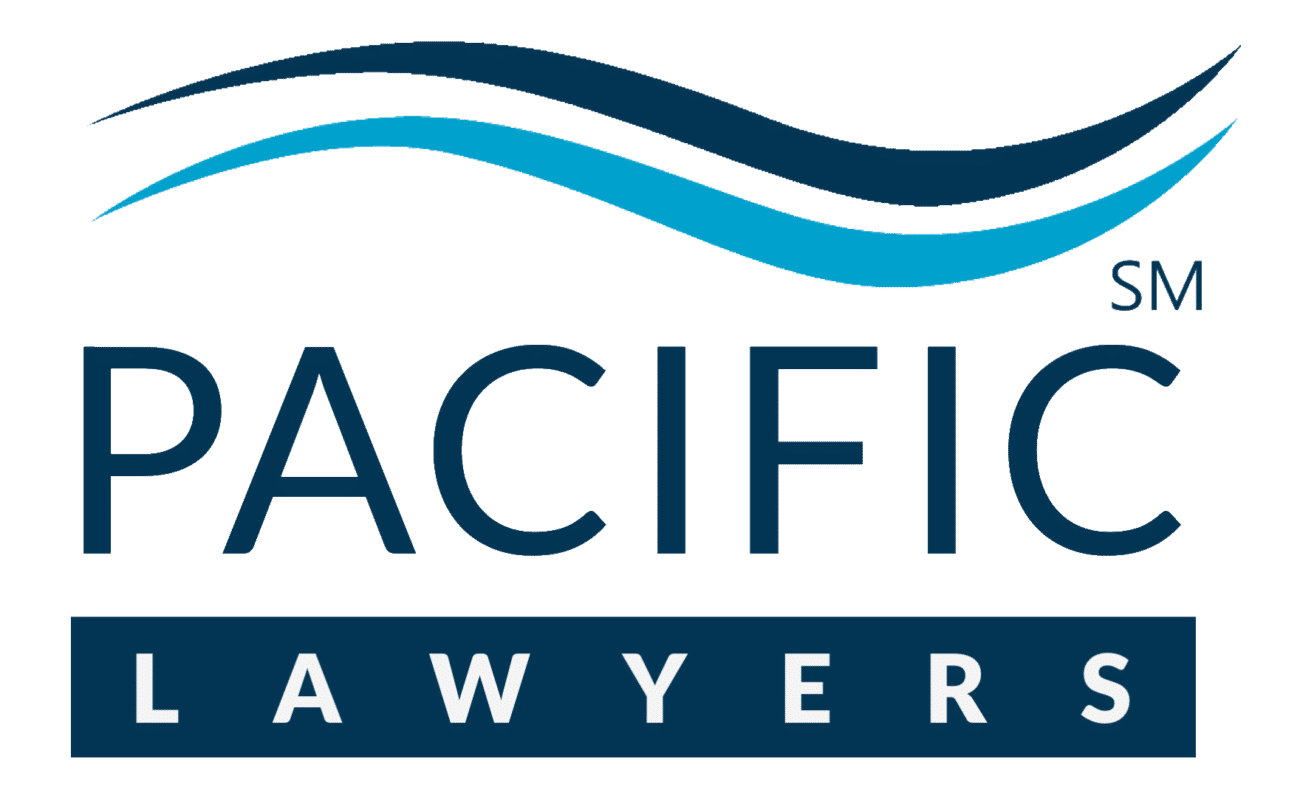Real Estate
Practice Overview
The Practice Area of Real Estate is very broad, involving many aspects of real property transactions. The Practice Area includes the common law of property, contract law, and statutory laws such as those arising under condominium and other forms of common ownership acts, as well as regulatory laws relating to zoning and land use. Real Property as a Practice Area also relates to other Practice Areas such a Tax and Estate Planning. Member Firms of Pacific Lawyers have extensive experience with the Practice Area of Real Estate, representing landowners, purchasers, developers, lenders, investors, and brokers. The member firm in the Commonwealth of the Northern Mariana Islands also has extensive experience with the Commonwealth’s unique constitutional restrictions on land alienation know as Article XII.
Real property can be grouped into three broad categories based on its use: residential, commercial, and industrial. Examples of residential real property include undeveloped land, single family residences, and condominiums and other forms of multi-family residences. Examples of commercial real property are office buildings, warehouses and retail store buildings. Examples of industrial real property include factories, mines and farms. Each form of real property presents unique legal issues.
If you own or are interested in acquiring real property in any Pacific Lawyers jurisdiction, our lawyers can assist you with all your legal needs, such as:
- Negotiating purchase contracts;
- Drafting conveyance documents such as deeds and leases;
- Reviewing title reports and identifying issues in due diligence;
- Drafting and enforcing contracts such as brokerage agreements;
- Clearing title through the legal process; and
- Advising on and representation related to zoning and land use matters.
What a Real Estate Attorney Does
Real estate attorneys generally document and review real estate transaction documents, including purchases agreements, leases, property inspection reports, boundary surveys, and appraisal reports. They also help resolve title insurance and environmental issues. When something goes wrong in a real estate transaction, real estate lawyers step in to file or defend lawsuits in court. Many real estate lawyers also help lenders carry out foreclosures, while others help borrowers defend against foreclosures.
Drafting Documents
One of the key roles of a real estate lawyer is drafting documents for their clients. Examples of documents prepared by Real estate attorneys are deeds for conveyance, leases and rental agreements, purchase contracts and financing agreements.
Negotiating Deals
Real estate attorneys do not just sit in an office and draft documents. Because real estate lawyers are experienced with the details of real estate transactions, clients often ask them to negotiate the terms and conditions of real estate deals with them. Having an attorney in the room during the negotiations of the terms of the transaction can be invaluable to the client.
Due Diligence
Real estate attorneys can also become involved in a transaction after the deal points have been agreed upon and in that case the real estate attorney reviews and provides advice on the details of the transactions. Clients will negotiate their own deals, sign a contract and then ask the lawyer to review it. Sometimes called “due diligence,” the lawyer in this role will then examine legal title issues, environmental issues and reports, boundary survey and access issues, zoning restrictions, and any other contracts or documents involved in the transaction. Real estate lawyers have training that allows them to spot issues that their clients do not recognize. In this role, the real estate lawyer plays guardian for the client to make sure the client does not fall into any legal traps.
Going to Court
Deals do not always work out. Lawsuits get filed. When a real estate transaction goes wrong and a lawsuit is filed, real estate lawyers represent their clients in court. Court representation includes drafting legal pleadings, participating in hearings, going to trial, and filing or defending an appeal if necessary. It also includes negotiating with the opposing counsel to try and work out a settlement if possible.
Foreclosures
Some real estate attorneys specialize in mortgage and trust deed foreclosure. The foreclosure process can be complicated and attention to rules is required. Property owners have rights that must be respected before they lose their real property. Likewise, if lenders are unable to foreclose and enforce their mortgages, that will affect lenders’ willingness to lend which ultimately will impact property owners’ ability to secure financing to develop their property. Strict adherence to the rules of the judicial process for foreclosures ensures that the balance will be maintained between the rights of property owners and lenders.
Condominiums
The law applicable to condominiums is a specialized branch of the Practice Area of Real Estate. Condominiums are becoming increasingly important in island jurisdictions and Asian cities such as Manila, and because of that, the Member Firms of Pacific Lawyers are involved with condominium law practice. A condominium is a real property interest created and regulated by statute, and the statutory requirements vary widely in different jurisdictions. Attorneys who are involved with condominiums provide a variety of services.
For Developers:
- Assist in the land acquisition process, including the review and preparation of agreements of purchase and sale and leases;
- Oversee all necessary governmental approvals during the entitlement process;
- Drafting the necessary documents to create and register the condominium project;
- Bring projects to market, which includes compliance with regulatory laws relating to consumer protection issues;
- Assist in resolving disputes with owners, purchasers, and regulatory agencies;
- Negotiate resolutions of deficiency issues with condominium associations; and
- Represent developers in litigation.
For Condominium Associations:
- Draft amendments to the project’s governing documents, and draft agreements relating to the operation of the condominium, such as shared facilities agreements;
- Address issues relating to the assessment and collection of fees for common expenses, including filing liens for unpaid assessments;
- Conduct power of sale and judicial foreclosure proceedings against unit owners in arrears of common expenses or in material breach of the project’s governing documents;
- Negotiate resolutions of issues with the developer; and
- Represent condominium associations in litigation.
For Unit Owners:
- Complete the legal work for the purchase and sale of condominium units;
- Defend owners in proceedings brought by condominium associations; and
- Provide advice on owners’ rights under the various condominium laws as may be applicable.

